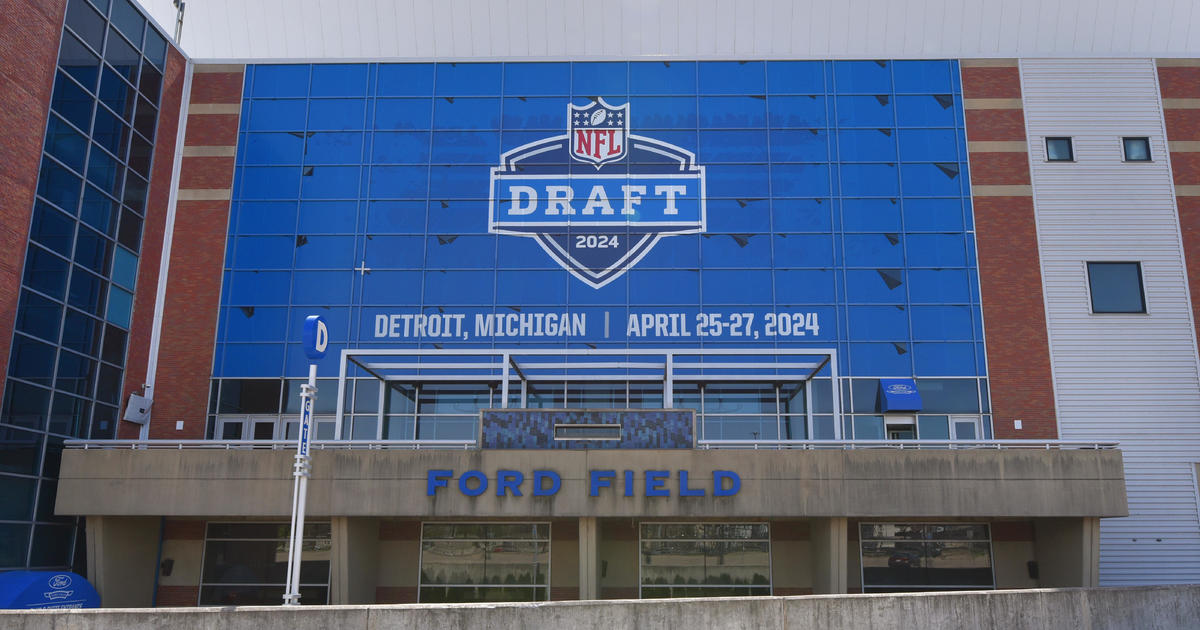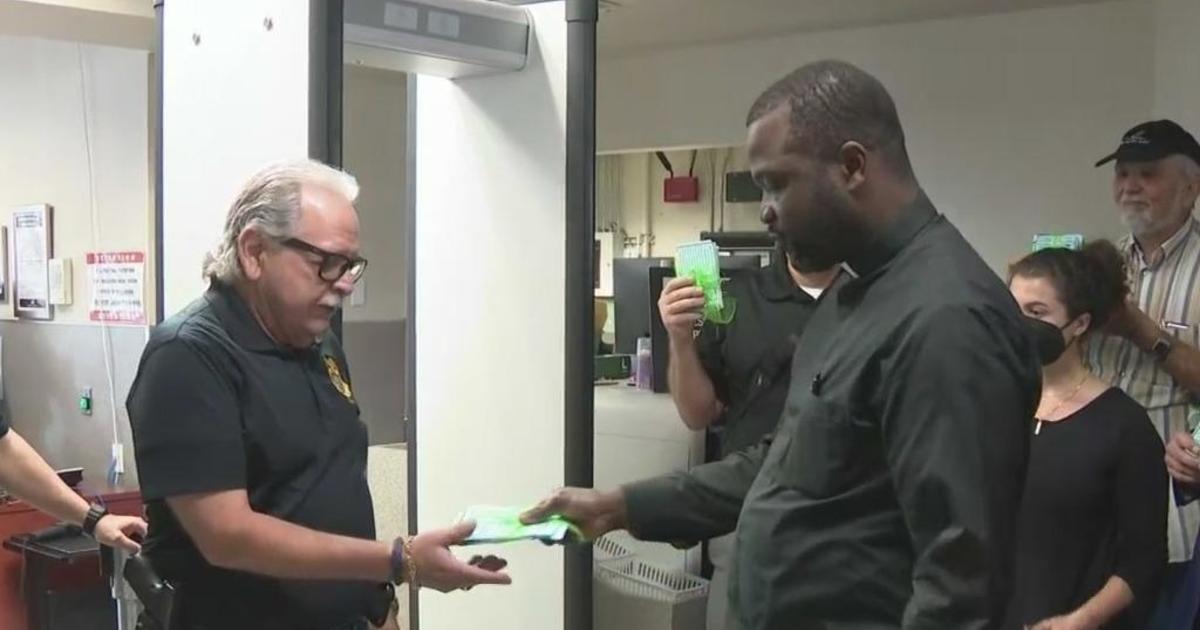UM Study: Soy Supplements Don't Prevent Bone Loss
MIAMI (CBS4) - A new study from the Miller School of Medicine at the University of Miami has found that contrary to popular belief, soy supplements do not help women during menopause.
The two-year, $3 million study funded by the National Institutes of Health looked at the effects that the popular supplement had on bone health and menopausal symptoms during the first years of menopause. Results of the study showed, soy isoflavone supplements neither prevented bone loss nor reduced symptoms of menopause.
The findings of the SPARE Study, which stands for "Soy Phytoestrogens As Replacement Estrogen", were published in the August 8 issue of the Archives of Internal Medicine.
Scientists say the soy craze among menopausal women is partly due to the lower incidence of symptoms found in Asian women.
"Women in Asia consume a lot of soy foods and they seem to have less hot flashes and less fractures. The belief is that estrogen found in soy beans provides these things," Silvina Levis, M.D., director of the Osteoporosis Center, principal investigator and lead author of the study said.
Because of this, researchers say women turned to soy to avoid some of the nasty side effects of menopause.
"Sleepless nights, you wake up two or three times in the middle of the night with hot flashes," said Marcia Vidal, a participant in the study. "You're moody, your sentimental, you feel overly stressed."
It's those symptoms that women have tried to avoid by using soy.
"The consumption of soy foods and soy supplements has dramatically increased in the last few years, particularly among women who start taking various over-the-counter products around the time of menopause, believing that these products will provide all the benefits and none of the risks of menopausal hormone therapy," Levis said in a statement.
While the study found no benefit in taking the soy phytoestrogen tablets, it also found that there were no harmful effects.
The participants, women between the ages of 45 to 60 who were within five years of menopause, were randomly assigned to receive either daily soy isoflavone tablets or the placebo.
The women were followed for two years and underwent a bone density test (DXA) at the beginning and the end of the study to measure the rate of bone loss.
"During the study I wanted to feel affects, but no, nothing," said Vidal.
Whether they were taking the soy tablets or the placebo tablets, the participants showed similar levels of bone loss and menopausal symptoms.



